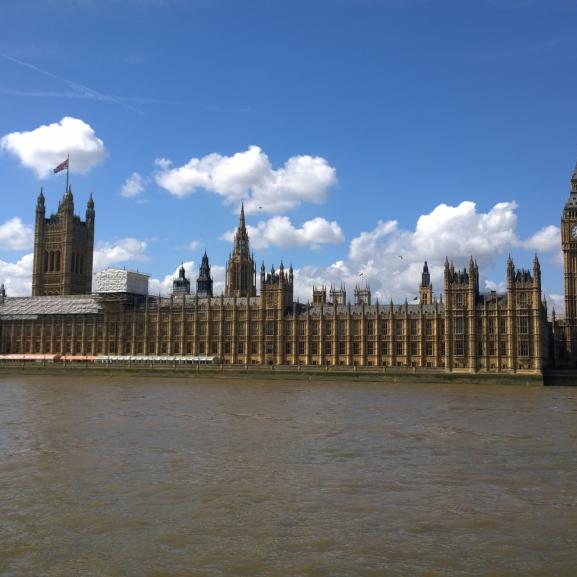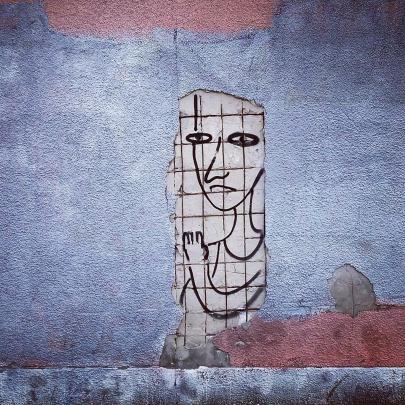Deportation to Jordan prevented – risk of unfair trial on torture evidence
The European Court of Human Rights today ruled that terror suspect Abu Qatada cannot be returned to Jordan as there is a real risk that evidence obtained by torture would be used against him in a criminal trial.
The European Court of Human Rights judgment was made in the case Othman (Abu Qatada) v. the United Kingdom. Abu Qatada, who has been detained without charge in the UK, has been tried in absentia in Jordan on terrorism charges. This is the first time the Strasbourg Court has ruled that an individual cannot be returned to another country as their right to a fair trial would be violated.
Keith Best, Chief Executive of Freedom from Torture said:
"The Court underlined the corrosive effect of torture on the justice system, asserting that torturing witnesses and suspects pre-trial would effectively be legitimised if a criminal court could then rely on the evidence obtained. The judgment also noted that evidence obtained through torture is inherently unreliable as a victim "would say anything to make it stop" – a truth Freedom from Torture knows only too well from the testimony of the thousands of torture survivors we work with.
However, the Court's finding that assurances obtained by the UK from the Jordanian authorities that Abu Qatada would not himself be subject to torture and other ill-treatment were sufficient to ensure his protection in this regard is hugely disappointing. Freedom from Torture remains strongly opposed to governments' seeking to side-step their responsibility not to return individuals to torture by brokering deals through diplomatic assurances which are unreliable and cannot be legally enforced."
Evidence of widespread torture in Jordan was set out in third-party submissions from human rights organisations. The judgement acknowledged that there is great concern within the international community relating to the use diplomatic assurances including by experts such as the UN High Commissioner for Human Rights, the Council of Europe Committee for the Prevention of Torture, as well as the UK Parliament's Joint Committee on Human Rights and clarified that it was "not for this Court to rule upon the propriety of seeking assurances, or to assess the long term consequences of doing so." Juan Méndez, the current UN Special Rapporteur on Torture, has said that diplomatic assurances are "at best a bad excuse for violating obligations."






